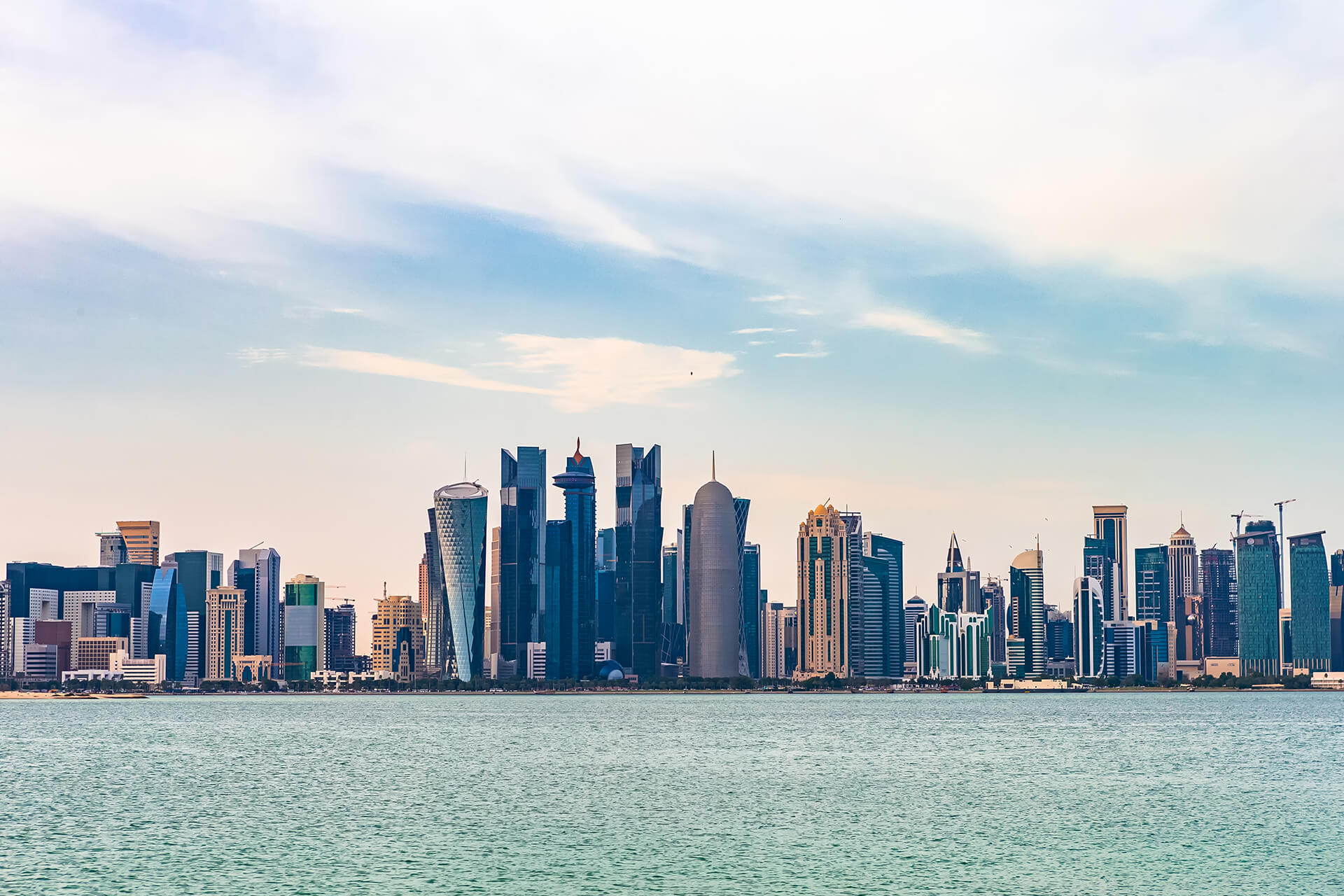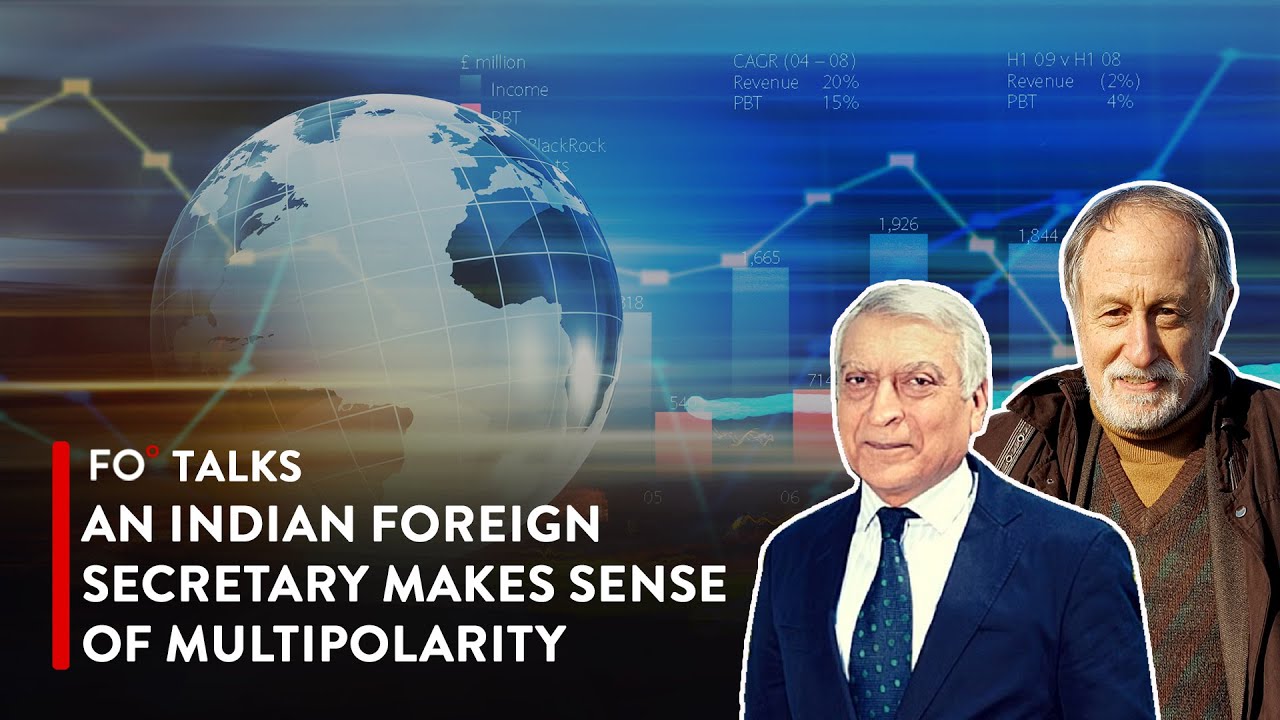Even as legendary footballer (soccer player for Americans) turned television presenter Gary Lineker has brought the BBC to its knees, something significant has largely escaped media attention. On March 11, Al Jazeera announced that China had brokered a deal between Saudi Arabia and Iran. This is a really big deal.
So far, the US has counted on its position of domination in the Middle East. Its military bases dot the region and oil is still denominated in dollars. Money from this region has long flowed into American stock markets, startups, universities and foundations. In particular, the US-Saudi relationship has been special. This deal signals that this relationship has soured. China might just have seduced the Saudis from US arms.
The US-Saudi Back Story
Appropriately, the US-Saudi romance began on Valentine’s Day (February 14) in 1945. President Franklin Delano Roosevelt hosted King Abdul Aziz Al Saud on the battleship USS Quincy and the rest is history. Since then, Americans have provided the Saudi royal family with protection in return for access to their oil.
The fabled US-Saudi romance has been fading in recent years. The US is now energy independent and the Middle Kingdom has replaced Uncle Sam as the biggest importer of Saudi oil. It is only natural that the economic center of gravity for the Saudis has moved east. Note that Chinese President Xi Jinping arrived in Saudi Arabia on a historic visit three months ago. For the Saudis, China is now their “number one trade partner, a major tech supplier, a long-term energy customer, and a comprehensive strategic partner with a permanent seat on the United Nations Security Council.” Both economically and geopolitically, Saudi Arabia no longer finds the US reliable.
Since 2018, a number of Americans have turned against Crown Prince Mohammed bin Salman (MBS) when his operatives allegedly killed journalist Jamal Khashoggi in 2018. To add insult to injury, this killing took place in the Saudi Arabian consulate in Istanbul, scandalizing international opinion. On his campaign trail, US President Joe Biden promised to make Saudi Arabia a “pariah” state. This infuriated MBS. When Russian President Vladimir Putin invaded Ukraine and sent oil prices skyrocketing, Biden humiliatingly ate his words and visited Saudi Arabia for a famous fist bump. MBS turned a deaf ear to the president’s requests to increase oil production. Instead, he cut production, much to Biden’s chagrin.
There were earlier pinpricks that irked MBS. He did not like Barack Obama’s 2016 Iran Deal—Joint Comprehensive Plan of Action (JCPOA)—or the president’s support for the so-called 2010 Arab Spring (it kicked off in December). For MBS, the US could no longer be relied upon to protect the House of Saud (meaning, he himself) any longer. As it would to many an absolute monarch or all-controlling autocrat, Biden’s democracy agenda also sounds dangerous to MBS’s ears.
The Saudi-Iran Back Story
Sunni Saudi Arabia and Shia Iran have a checkered past. They have both jockeyed for influence in the Islamic world. The Saudis are the custodian of the holy sites of Mecca and Medina. They have used their oil money to fund Wahhabi Islam around the world from Bosnia to Indonesia. In contrast, Iran is a revolutionary power run by mullahs. They have won brownie points for standing up to imperial Uncle Sam and remained steadfast in their support of the Palestinian cause. Israel’s constant fist-shaking at Iran boosts their street cred among Muslims around the world.
As long as Iran was a monarchy, both Saudi Arabia and Iran were American allies. They exported oil to the West and made vast fortunes. In 1979, revolution erupted in Iran. Few remember that that same year gunmen took over the Grand Mosque at Mecca in Saudi Arabia, an event that has come to be known as “the siege of Mecca.” Several hundred armed jihadis—Arabs as well as American and Canadian converts—overpowered the guards, shut down the gates, took 100,000 hostage and proclaimed that the savior Mahdi had arrived to cleanse the Muslim world from the corruption of the West. Troops overpowered the jihadis but the specter of an Iran-style Islamic revolution has haunted the House of Saud since.
Saudi Arabia backed the Sunni-ruled Iraq under Saddam Hussein against Iran in their 1980-88 war. Relations remained tense until 1998. The reformist Mohammad Khatami became president. Both countries signed a general cooperation agreement in 1998 and a security cooperation agreement in 2001.
Al Jazeera reminds us that Saudi security chief Ali Shamkhani signed a significant agreement with Iran. In 2001, he was defense minister and played a major role in bringing Iran and Saudi Arabia closer. The Saudis awarded him “the Order of Abdulaziz medal, the highest award offered by the kingdom, in the early 2000s.”
In 2016, all these efforts were washed away. Saudi-Iran relations were already strained because of a Hajj tragedy that killed thousands. Then, the Saudis executed Ayatollah Sheikh Nimr al-Nimr, a towering Shia leader. Mobs attacked Saudi diplomatic missions. In response, Saudi Arabia broke off relations with Iran.
Note that Saudi-Iran interests clash in many theaters. Both countries have been at loggerheads in Yemen, Lebanon, Syria and Iraq for many years. There is also visceral mutual dislike. With its memory of an empire, Iran sneers at the Saudis as uncouth upstarts. With its suspicion of revolution, the Saudis see Iranian mullahs as scheming plotters.
Economically, Saudi-Iran interests clash as well. Saudi oil giant Aramco announced a record profits of $161.1 billion for 2022. Iran has the world’s fourth-largest oil reserves but sanctions prevent it from selling on the global market. If sanctions ended, Iranian oil would depress prices and reduce earnings for Saudi Arabia. No Saudi leader would like that to happen, especially MBS.
Enter the Dragon
Yet heightened tensions are not in the interests of either country, so the Saudis and Iranians have made up for now. They are both increasingly aligned to China, which relies on its energy on the Persian Gulf. In case of any war, the US will be fine but Xi’s “great wall of steel” would rust quite quickly. With no energy resources, the Chinese military might simply not have the fuel to sustain a major war. Hence, China is keen to calm the waters in this part of the world.
Under Xi, China is keen to play a bigger role in the world. It sees the US-led postwar order as unjust and against its interests. Therefore, it has launched the Belt and Road Initiative (BRI), the Global Development Initiative (GDI) and the Global Security Initiative (GSI). Unlike the US postwar order, Chinese ideas are inchoate. Beijing relies on cliches far too much but they are certainly playing the realpolitik game.
The Russia-Ukraine War has demonstrated that US interests are not aligned with either Saudi or Iranian interests. The Saudis want to keep the price of oil high and are nervous about Biden’s talk of democracy. The Iranians feel scorned after Donald Trump scuppered JCPOA and Biden’s lack of ability to reinstate it. They are supplying drones to the Russians and rumors persist that some of these flying machines are really made in China but smuggled through Iran. Both the Saudis and Iranians now need the Chinese, giving them leverage. Xi’s diplomats have exercised that leverage and emerged as the biggest winners from the Saudi-Iran deal. The US is still top dog by a long way, but there is a new dog in the Persian Gulf and it is likely to stay.
The views expressed in this article are the author’s own and do not necessarily reflect Fair Observer’s editorial policy.
For more than 10 years, Fair Observer has been free, fair and independent. No billionaire owns us, no advertisers control us. We are a reader-supported nonprofit. Unlike many other publications, we keep our content free for readers regardless of where they live or whether they can afford to pay. We have no paywalls and no ads.
In the post-truth era of fake news, echo chambers and filter bubbles, we publish a plurality of perspectives from around the world. Anyone can publish with us, but everyone goes through a rigorous editorial process. So, you get fact-checked, well-reasoned content instead of noise.
We publish 2,500+ voices from 90+ countries. We also conduct education and training programs
on subjects ranging from digital media and journalism to writing and critical thinking. This
doesn’t come cheap. Servers, editors, trainers and web developers cost
money.
Please consider supporting us on a regular basis as a recurring donor or a
sustaining member.
Support Fair Observer
We rely on your support for our independence, diversity and quality.
Will you support FO’s journalism?
We rely on your support for our independence, diversity and quality.






